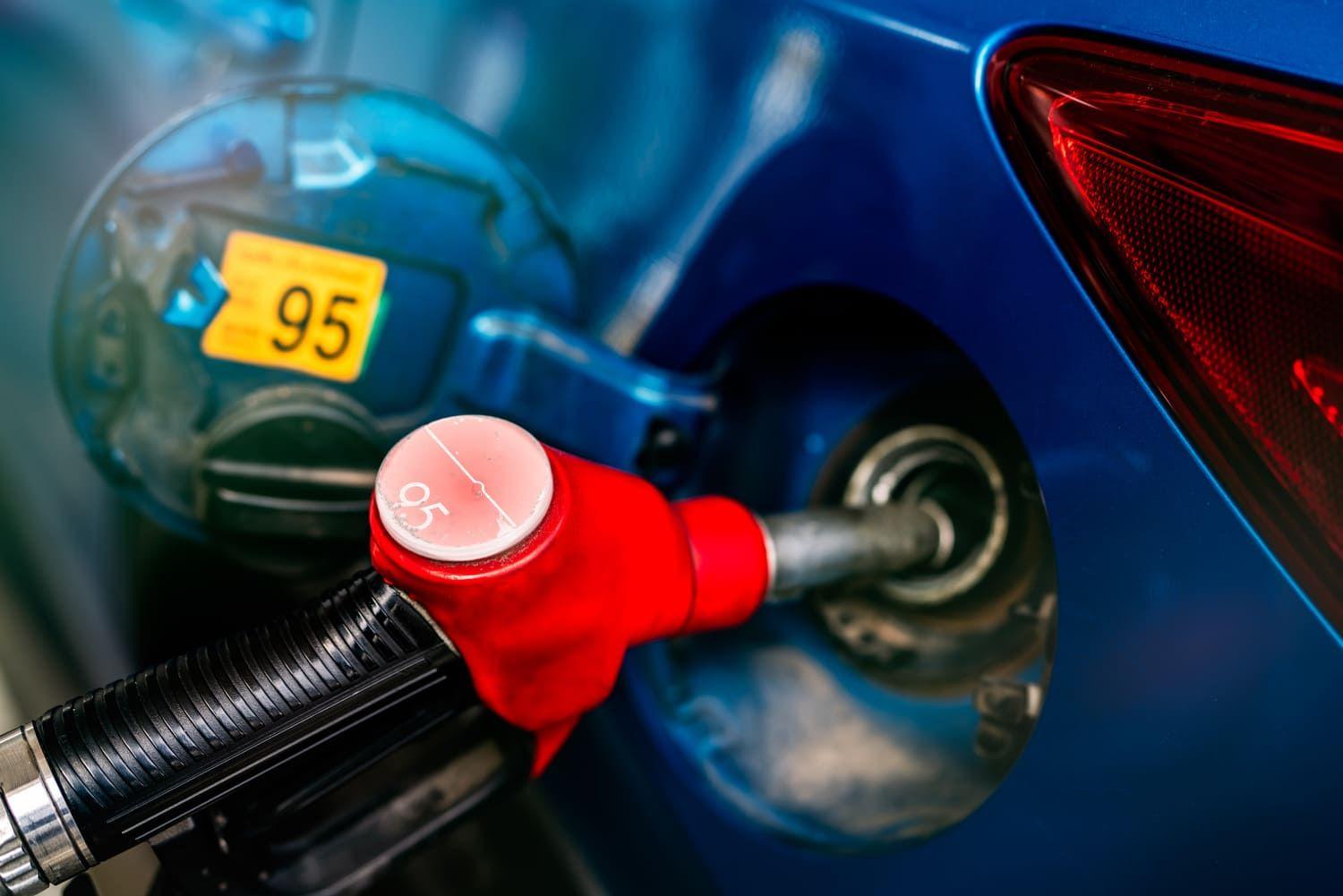
Premium Fuel vs Regular Fuel: Is Premium Fuel Worth It?
Car ownership involves making important decisions.
While it might seem like a small detail compared to some of the bigger questions you'll have as a car owner, choosing between premium and regular fuel is a big deal, especially when prices in the UK seem ever-increasing.
Premium fuel costs a lot more than cheaper fuels and is marketed with a whole host of benefits. But what exactly is the difference between premium fuel vs regular fuel? What about premium diesel vs regular diesel? Are premium fuels ever worth it?
Today, we're looking at premium diesel and petrol vs regular fuels to see which you should invest in. Scroll on to get the lowdown on fuel now.
Is premium fuel worth it?
For most people with regular cars, paying for premium fuel is not worth it.
If you drive a normal petrol or diesel car, splurging on premium fuels will offer you minimal benefit. If you regularly get your car checked and serviced, you should have no problems with engine deposits, and there are no real performance benefits from premium petrol.
Paying for premium petrol is only vital if you drive a high-performance petrol car. You’ll protect your engine from damage and ensure it runs as designed.
How much more expensive is premium petrol?
Premium fuels cost around 10p more per litre than their regular alternatives.
However, this can vary significantly and may further increase with rising fuel costs. For an average car, this equates to £5 more per tank. If you use your vehicle every day and fill it up frequently, this will eventually add up.
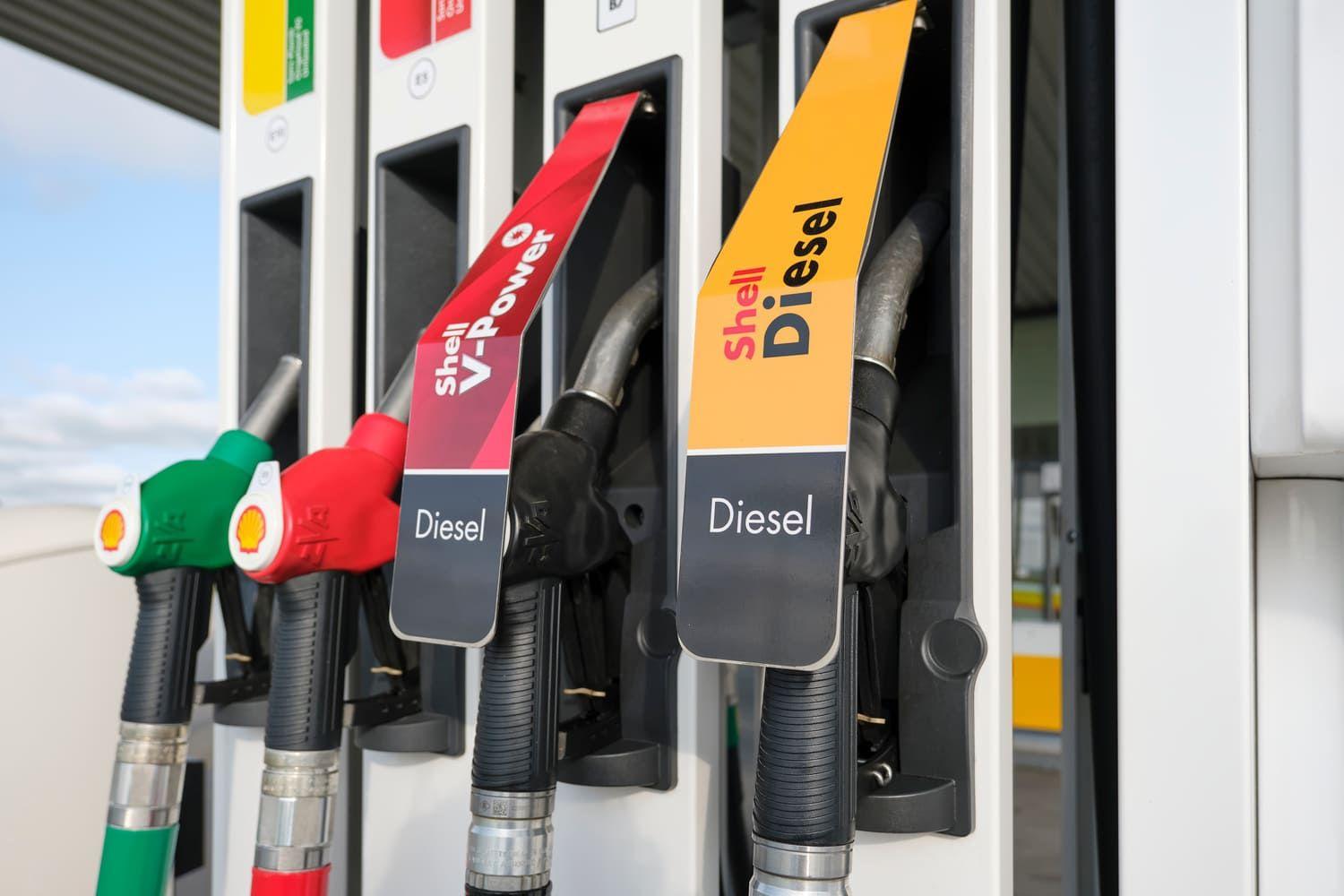
Premium petrol vs regular petrol comparison
Most petrol cars are designed to run perfectly well on regular petrol and will experience no significant benefit from using higher octane premium petrol.
Understanding the octane number is crucial for every car owner. It's the measure of a fuel’s antiknock properties. A higher octane number means the fuel is more likely to resist engine knocking and is suited for higher-performance engines. This knowledge empowers you to make the right fuel choice for your vehicle.
A difference in octane number is the key distinguishing factor between premium and regular petrol. Regular petrol is typically rated at an octane number of 95, and premium petrol is rated at 98.
Using a higher-octane fuel than recommended by your manufacturer isn't likely to harm your vehicle in any way, although it's difficult to justify given the higher costs and lack of benefit.
As previously mentioned, certain high-performance petrol engines require a higher-octane fuel. This is because these engines typically operate under higher compression ratios and are more prone to knocking.
Remember, high-octane fuels have superior antiknock properties. Premium petrol is required to ensure these engines' safe and efficient operation.
What’s the difference between unleaded and super unleaded
Unleaded is the standard petrol available, and you’ll see this at nearly every petrol station. Super unleaded is a higher octane version of standard unleaded.
Is premium diesel worth it?
For the most part, premium diesel is just marketing fluff. Frequent use offers little tangible benefit to your car.
So, in this case, it’s not worth paying for premium diesel or super diesel over regular diesel in the UK.
Premium diesel vs normal diesel
Unlike petrol engines, diesel engines do not use spark ignition to create power, so fuel quality doesn't affect them the same way. As a result, the octane number isn't a measure of diesel quality. Instead, diesel fuel has a cetane rating, which measures its ignition properties.
You may be familiar with the octane number, but the cetane number is less well-known. Premium diesel fuels aren't advertised with a higher cetane number because diesel engines are designed to run efficiently on the cetane number of standard diesel. Increasing the cetane number doesn't noticeably improve performance.
Premium diesel is differentiated by the presence of engine-cleaning additives, not a higher cetane number.
For example, BP's Ultimate Diesel features ‘Active technology’ with molecules to combat engine dirt. This is the same for Shell Diesel. All diesel fuels meet a certain standard, and engines are built to perform well with standard diesel.
Using premium diesel occasionally won’t harm your engine but consistently using it might not be cost-effective. Hopefully, that answers most queries about what’s the difference between normal diesel and premium diesel!
Related Article: Does My Car Need Adblue?
Does premium diesel last longer?
No. Premium diesel isn’t guaranteed to last longer in terms of mileage or fuel efficiency. The main difference is that it usually contains cleaning agents. These can help your engine last longer in the long term but provide no short-term durability benefits.
Is supermarket diesel as good as branded diesel?
Yes. Supermarket diesel meets the same basic fuel standards as premium or branded diesel. It’s safe for all engines and helps your car run smoothly. It’s also a more cost-effective option.
The only main difference is that some premium diesels have cleaning additives that may potentially reduce engine deposits.
What is the best fuel for my car?
The easiest way to discover the best fuel for your car is to look at the information on the fuel cap. Here, you’ll find what fuel you need and whether the manufacturer recommends high-octane options.
You can also check your car’s manual or use an online car checker. Most petrol stations offer a variety of standard and premium fuels, so finding a fuel to suit your needs is straightforward.
What is the best premium diesel UK?
If you do want to use premium diesel, the best ones to consider include:
BP Ultimate Diesel
Esso Synergy Supreme+ Diesel
Shell V-Power Diesel
Texaco Supreme Diesel
All offer advanced engine cleaning formulas and meet relevant fuel standards.
Do high-performance cars need premium fuel?
Premium fuel isn’t required for most types of cars but is recommended for some high-performance vehicles.
Cars with high-performance petrol engines typically require premium petrol to run properly. This is usually made clear by the manufacturer; all cars that are designed to run on premium fuel will have a label on their fuel filler door to indicate this.
If you ignore this guidance and put cheaper fuel into your high-performance petrol engine, you’ll likely notice reduced performance and efficiency. This might also result in damage to your engine due to excessive knocking.
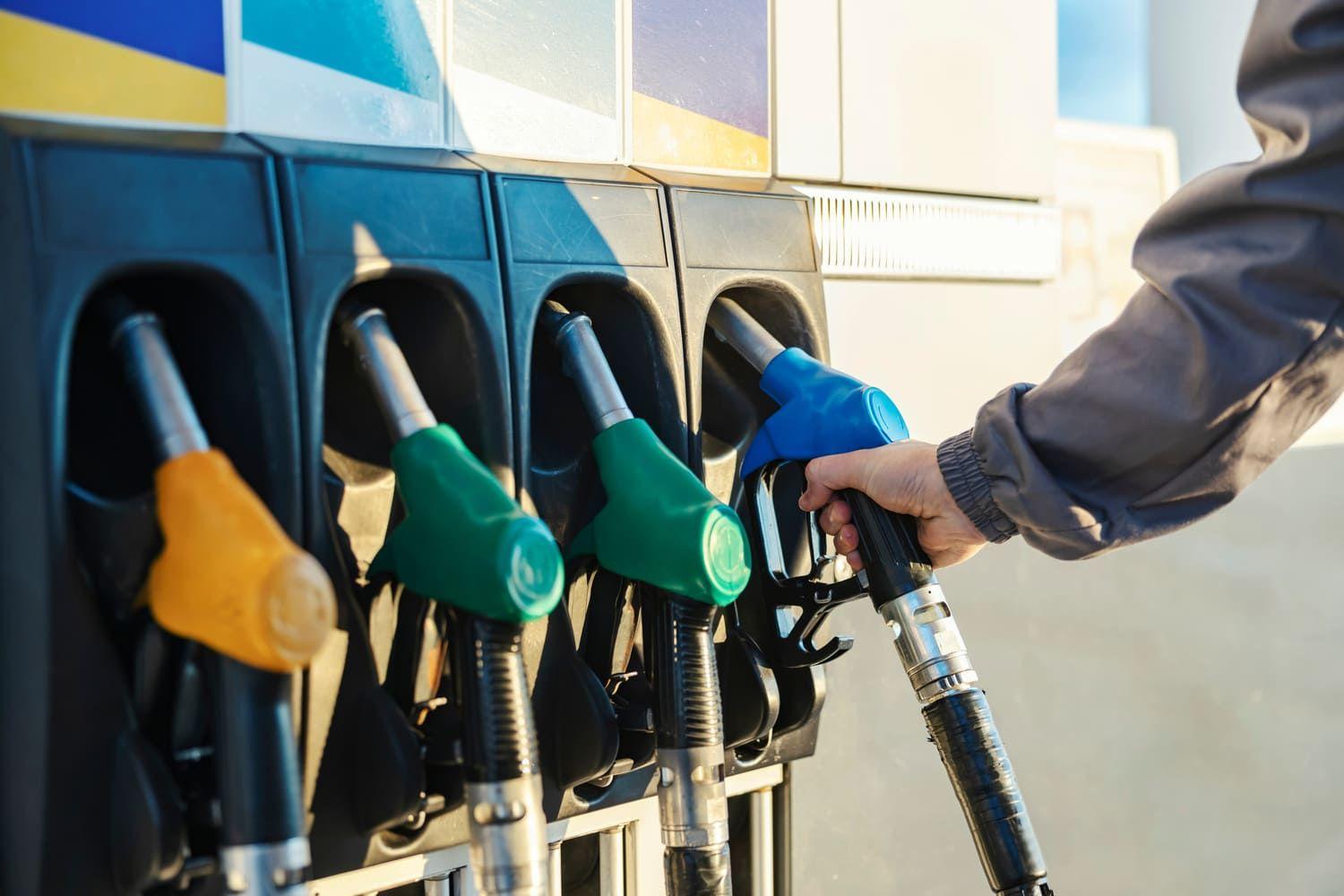
Premium diesel is also available, but no vehicles require premium diesel to run well. The main difference between premium and regular diesel is usually the addition of additives.
These are chemical substances designed to clean the engine, ensuring the engine can run as efficiently as possible.
Premium fuels - The bottom line
Knowing what's best for your car can be confusing with a wide range of premium and regular fuel products. For most petrol car owners, using premium petrol regularly will likely result in no performance benefits, and it will cost you a significant amount more than using cheaper fuels.
The only exceptions are high-performance petrol vehicles, where high-octane premium fuels are essential.
Despite the marketing hype around premium diesel, the truth is that regular diesel is the best choice for most diesel car owners. Your car is designed to run on regular diesel, and using premium diesel is unlikely to provide any discernible benefits.
How Bumper can help
Bumper offers zero-interest financing on car repairs, perfect for those large car bills. We have many partners nationwide who can fix your car without stress.
Find your nearest garage using Bumper here.
Spread the cost, interest-free
Take the backfire out of fixing or replacing your exhaust. Pay later with Bumper.
Author - Joseph Law
Joseph has been writing about cars for over seven years and writing for Bumper for over two, blending his passion for automobiles with a talent for storytelling.
Joseph has written about engineering and cars for Autozilla, Komaspec, and several engineering manufacturers. When he's not writing or tinkering with one of his five cars, Joseph dreams of owning an Alfa Romeo 33 Stradale.
Split your car repair cost over monthly repayments interest-free.
Split the cost of your next repair
Other related articles from our blog
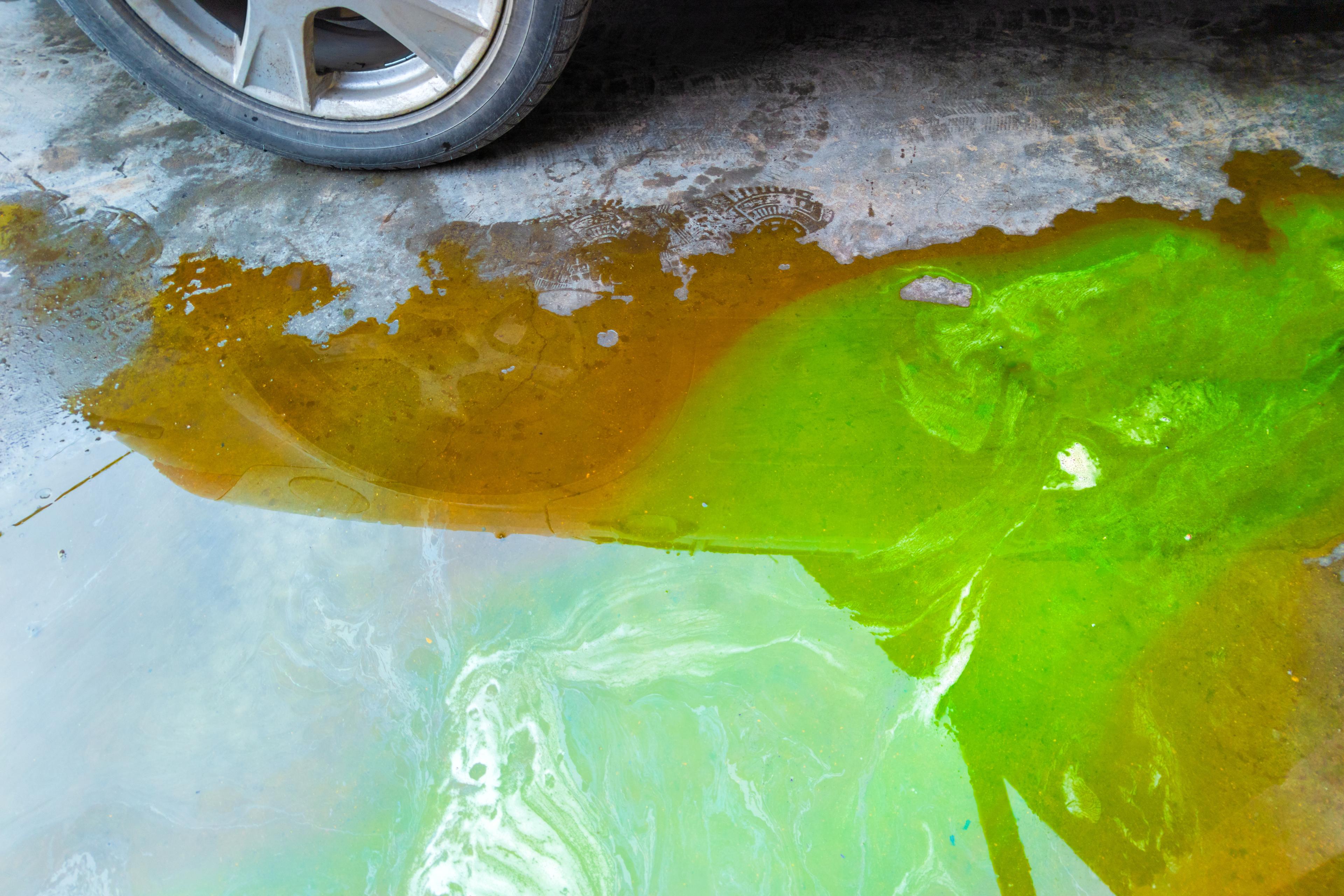
Advice
5 min read
How much does a VW Polo coolant leak repair cost?
VW Polo coolant leak repair costs can be anywhere from £50 to £450. Find out why prices range and see estimates for your repair cost online today.
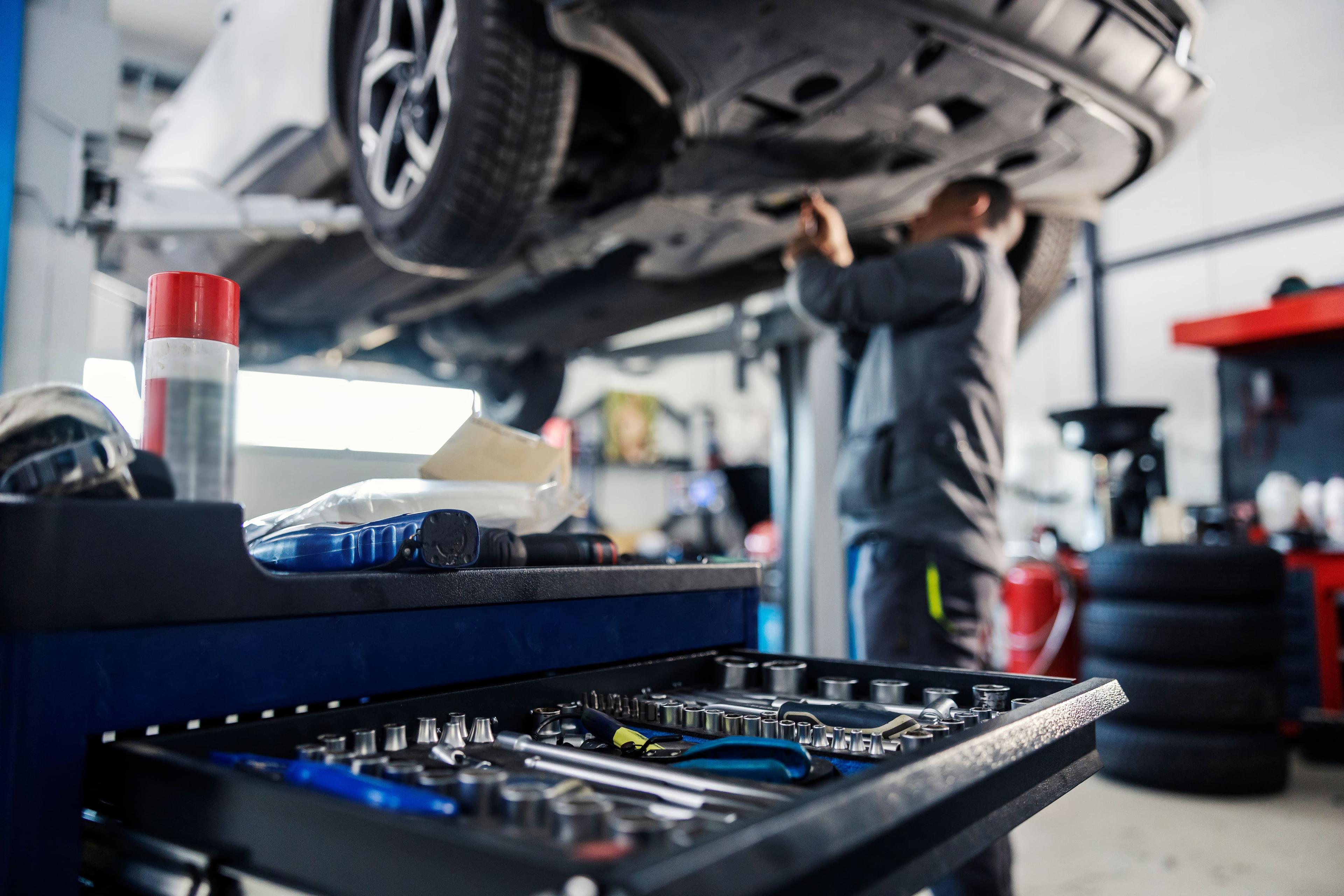
Advice
5 min read
How much does a Volkswagen Tiguan Repair cost?
Volkswagen Tiguan repair costs can be anywhere from under £300 to over £800 depending on the car’s age and issue. See VW Tiguan repair costs online now.
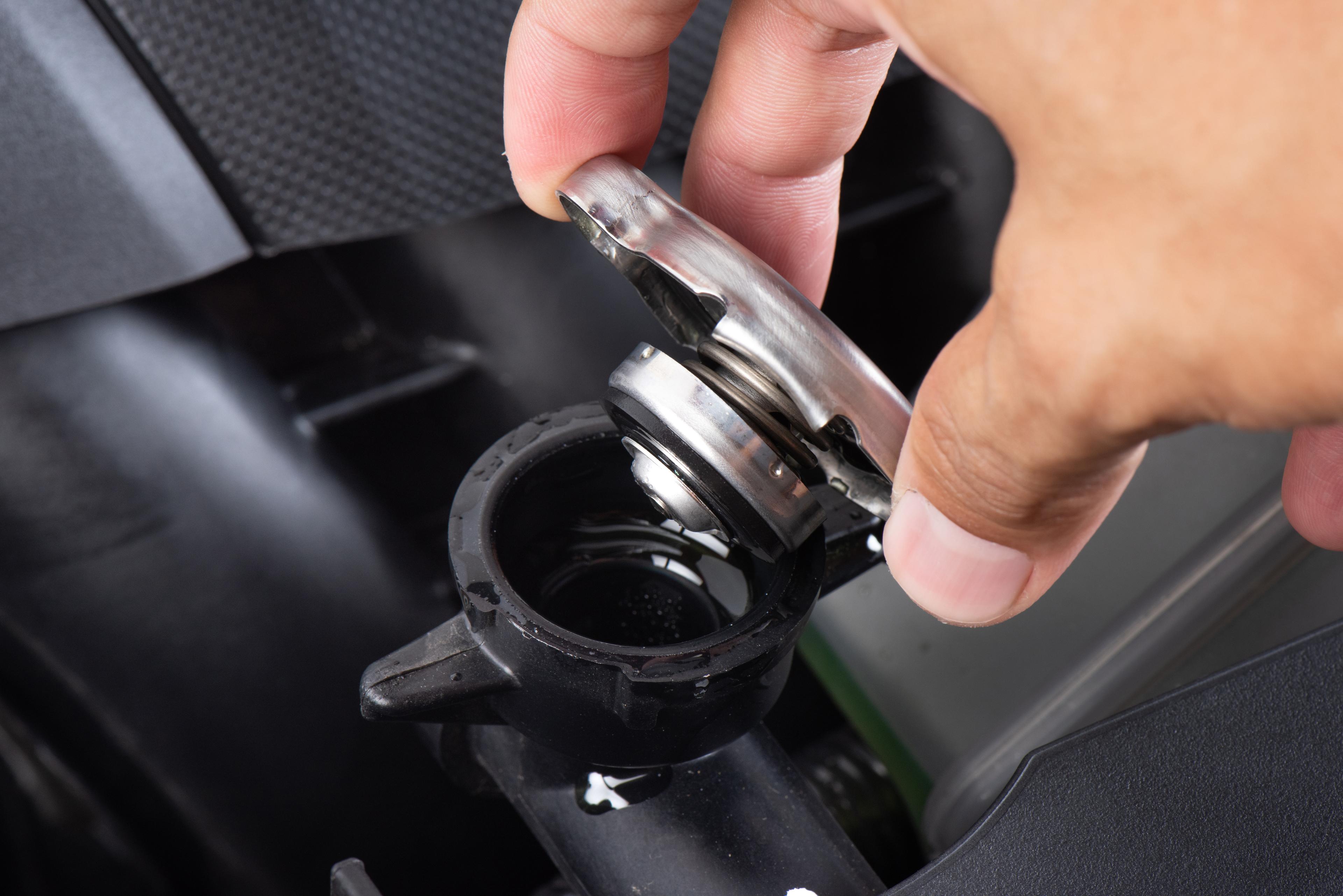
Advice
5 min read
How much does it cost to repair a coolant leak on a VW Golf?
VW Golf coolant leak repair costs sit anywhere from £60 to £450, depending on the cause and severity of the issue. Find out what to expect from your repair now.